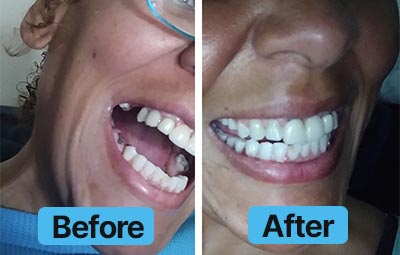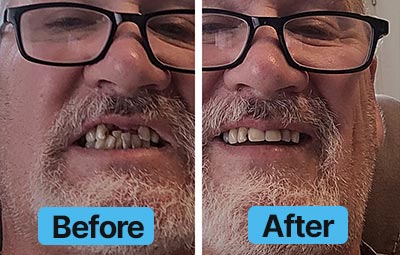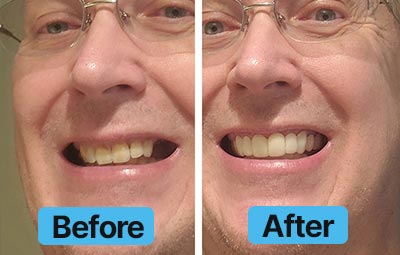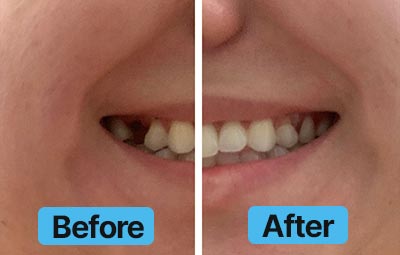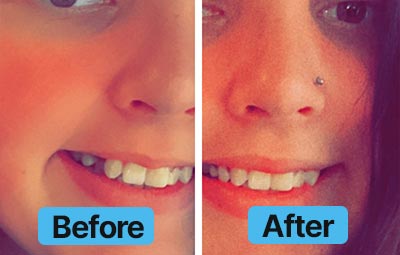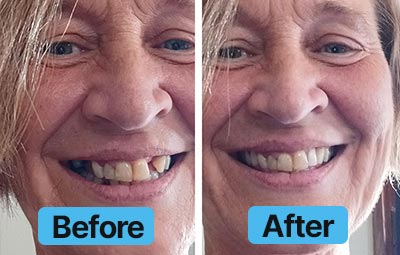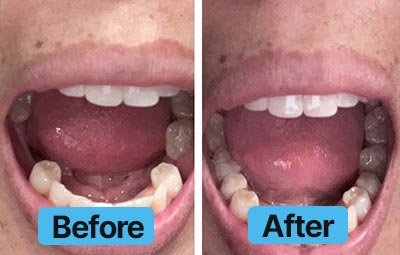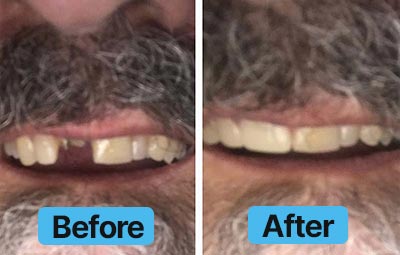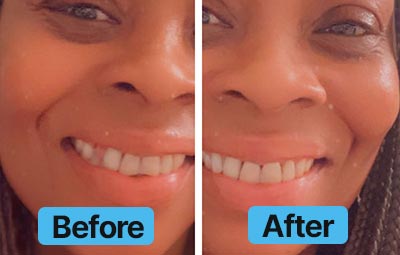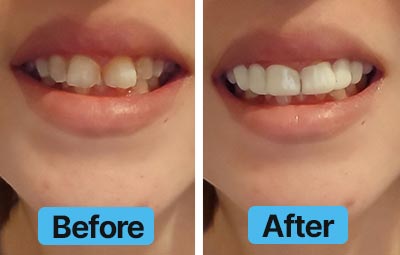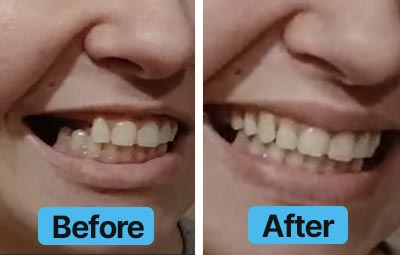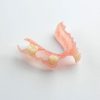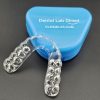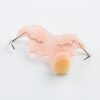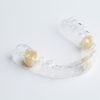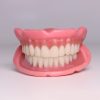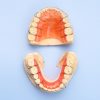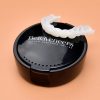Do I need night guards for Teeth Grinding?
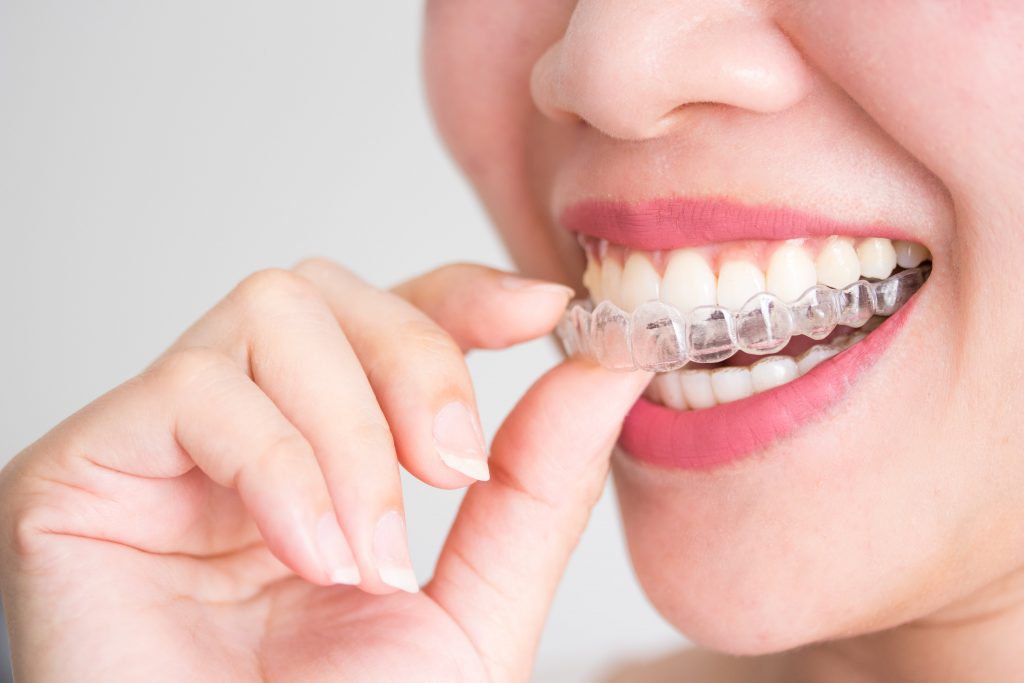
Spending your nights gnashing the teeth together is exhausting, just to awaken with a sore jaw, headache and broken teeth. And it is much more difficult to have a night guard prescribed that fixes the grinding symptoms — but does not have a remedy to stop the grinding for good. Though eight percent of the population reports that their teeth are grinding, we think this number is underreported.
As a result, health problems and skyrocketing costs continue to make people suffer. This article is for you if you have been given a night dental guard in the past or if you have been led to believe that your grinding and clenching are caused solely by stress.
What is grinding your teeth and why is it so bad?
In fact, grinding your teeth is just what it sounds like: either you clench, gnash, or grind your teeth — often without being fully conscious of your acts, particularly at night. The medical term for the grinding of teeth is bruxism, and our teeth are actually not designed to withstand this relentless force and abrasion.
Here are some well-known symptoms of grinding your teeth over time:
- Premature loss of broken teeth enamel
- Yellowed teeth
- Gum recession
- Migraine headaches
There are also a variety of problems and other signs closely linked to grinding the teeth. It is unclear whether all these problems are caused by grinding, or the other way around. But if you grind your teeth, you can run a higher risk for these:
- Depression
- Sleep-disordered breathing
- Behavioral issues in children
- Gastroesophageal reflux disease (GERD)
- Obstructive sleep apnea (more on this below)
Teeth Grinding Causes
In general, there are many factors at play when you experience bruxism. It is a condition quite rarely encountered in a vacuum. Additionally, there are slightly different causes of awake bruxism and sleep bruxism. It can be a severe issue, from the sometimes sore jaw to constant grinding. If the grinding is recent or a lifelong habit, it is always hard to say whether it is a simple irritation or a serious problem.
If you encounter one of the below symptoms it might be time to visit your dentist to discuss a teeth grinding mouthguard.
You have a broken tooth
A chipped tooth does not only need dental treatment to be replaced, it may also be a sign that your teeth grinding has become more extreme. You can place a lot of pressure on the enamel when you rub your teeth together and grind back and forth — in your sleep, no less — that you could actually hurt your teeth. It can be costly to repair, and can also result in cavities. And it is best to discuss a mouthguard with your dentist before you chip more teeth.
You have chronic grinding
Many people smile occasionally due to acute problems, such as job stress. If your bruxism is serious, meaning you grind most nights, it’s probably best to see your dentist thinking about a teeth grinding mouthguard. While it does not avoid the actual clenching of your jaw, if you grind every night, a mouthguard will reduce the harmful effects on your teeth.
You are waking up with a headache
Do you feel like you have a raging headache every morning? It could be the result of grinding through the night. A mouth guard might not stop you from grinding, but it might help. Talk to your doctor about the options you have.
Temporomandibular Joint Disorder
Temporomandibular Joint Disorder (TMJD) occurs when muscles around the jaw become inflamed, which sometimes occurs as a result of clenching the teeth together and grinding against the teeth. If you are diagnosed with this disorder by your dentist, ask for a mouth guard. Your mouth guard will prevent your teeth from grinding and clenching, reducing some of the pain associated with TMJD.
You’re taking antidepressants
If you are taking antidepressants regularly, talk to your dentist about a mouthguard. A study published in the 2012 issue of Clinics found that paroxetine, the primary ingredient in some antidepressants, can cause teeth grinding in the night. If you take certain medicines, such as Paxil, you may need to protect your teeth against these side effects.
Below are some of the other causes due to which you might grind your teeth. Keep in mind that some of these are typically very minor grinding causes and are unlikely to be the only factor.
- Depression and/or anxiety
- High rates of stress / poor stress response
- Neurotransmitter disturbances
- Neurodegenerative conditions such as Huntington’s or Parkinson’s diseases
- Genetic predisposition
- Use of antidepressants, amphetamines, anti-anxiety medications or antipsychotics
- Nicotine
- Regular usage of alcohol
- Excessive coffee consumption
- Disordered breathing problems in sleep
Teeth grinding is a common issue, but you don’t need to suffer. By making an appointment with your dentist, you can set up a time to talk about nightguards and other ways to deal with and cure your behaviour.
 60 DAY warranty on all custom-made products | 1,000+ 5 Star ★★★★★ Reviews
60 DAY warranty on all custom-made products | 1,000+ 5 Star ★★★★★ Reviews
